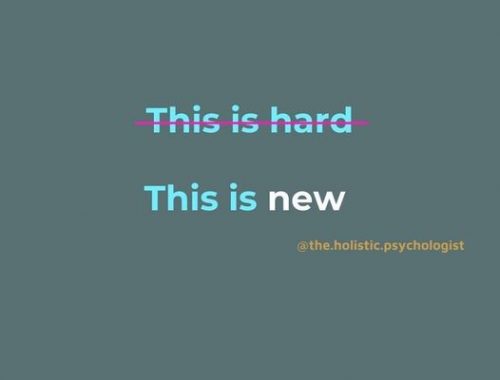Creating a strong team culture
Did you know that in Australia, 70% of employees are disengaged[1]? Look around the office that is seven out of ten of your colleagues (or six if you are one of the people who is disengaged). One of the main reasons staff become disengaged is due to poor team culture.
Culture is one of those leadership buzzwords that is very trendy right now. It can be hard to define. Ask a few people what they think culture means and you will find very few that are able to articulate what they mean by “culture”. I liked this definition:
Team culture is made up of the values, beliefs, attitudes and behaviours shared by a team. It’s how people work together towards a common goal and how they treat each other. These attributes could be positive or negative.
Prototypr.io
A strong culture allows employees to understand what is expected of them and what they’re working towards. It draws people together and creates a common goal. A positive culture engages people, which means they are more likely to be happy, motivated, and committed.
There is no silver bullet, creating and maintaining a culture, takes time and effort. It won’t happen in one team building day. If you are serious about creating or changing your culture, then it is a commitment you need to make.
Every culture is unique, and I have known teams that fall into a habit of using a pick list of buzz words and calling it their “culture”. You know what I mean, things like:
- Respect and fairness
- Trust and integrity
- Innovative
- Team work
These are all great things to have and behaviours to demonstrate, but do they really represent who you are and what you stand for? Is it really something that your staff can see and feel within the organisation?
Culture is not something you can create from a list of words. It is also not something that one person can do on their own. A leader can help direct and maintain the culture, but staff need to have a role in creating the vision, otherwise, they will have no ownership or buy-in, and it will fail to get traction.
Leaders and staff alike need to help maintain it, be willing to call out behaviours that don’t align to the culture and address issues that are not aligned with your organisational values.
If you are starting out on your cultural journey, or think it’s time for a bit of a reset, here are a few questions to ask yourself:
- Why don’t we have the culture we need?
- What are the behaviours I am seeing that has led me to believe we have a problem?
- What do we value? What do we believe in?
- What makes us work better together?
Culture is a tricky thing and at times feels like just a fad, but when you have it right, you know it (when you have it wrong, you will know as well!). Culture can be hard to articulate but don’t get caught up in what you think it should be and look like. Just write it in a way that your staff will be able to associate with, in a language that will resonate with them. Not just in the way the books and websites tell you to do it.
Do you need to create a new team culture? Has your culture gotten a little toxic and needs a reset? Samantha Sutherland and I have partnered to create a team cultural reset program that will help create a strong, positive and lasting team culture. Give us a call to find out more.
[1] Corporate Rebels – https://corporate-rebels.com/

